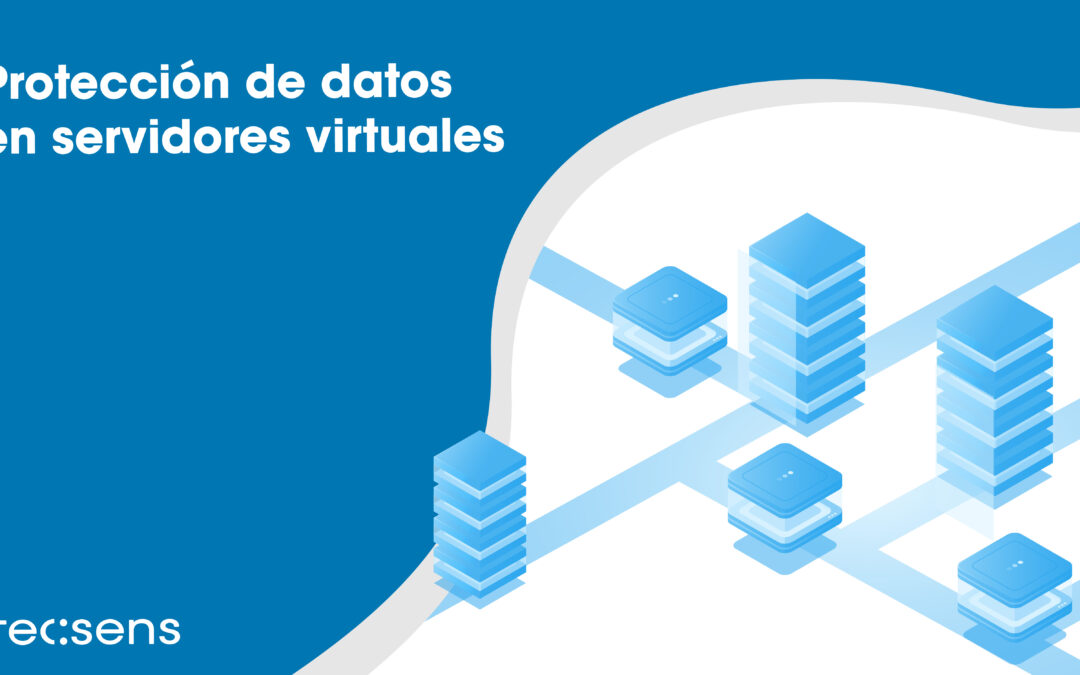In today’s digital age, where information is one of the most valuable assets, data protection has become a priority for individuals and organizations alike. Virtual servers, also known as VPS (Virtual Private Servers), play a crucial role in storing and processing data in the cloud. However, the security of these virtual servers is of paramount importance to prevent theft, loss, or unauthorized disclosure of sensitive information. In this article, we will explore the challenges of data protection on virtual servers and best practices for ensuring security in this environment.
What is a virtual server and how does it work?
A virtual server is a virtual machine that operates on a physical server shared with other virtual servers. Each virtual server has its own operating system, resources, and applications. Unlike dedicated servers, where a single machine serves a single organization, virtual servers can be shared by multiple users. This provides flexibility and efficiency in the use of resources, but also introduces challenges in terms of security.
Security challenges on virtual servers
Information leaks: Since multiple users share the same physical server, there is a risk that one user could access another user’s sensitive data if proper isolation measures are not implemented.
Denial of Service (DDoS) attacks: Virtual servers can be targeted for DDoS attacks, where attackers attempt to overload server resources with malicious traffic, leaving it inaccessible to legitimate users.
Software vulnerabilities: Applications and operating systems on a virtual server may contain vulnerabilities that hackers can exploit to gain unauthorized access.
Configuration issues: Incorrect or insecure server configuration can open security gaps and put stored data at risk.
6 Best Practices for Data Protection on Virtual Servers
Segregation and isolation
Hosting service providers must implement secure virtualization techniques to ensure that each virtual server is properly isolated from others. This ensures that a client’s data and resources are not accessible by other users of the same server.
Data encryption
Encryption is critical to protect data stored on the virtual server. Both data in transit and data at rest must be encrypted to prevent unauthorized access.
Updates and patches
Keeping your software and operating system up to date with the latest security patches is essential to prevent known vulnerabilities and potential breaches.
Firewalls and Intrusion Detection Systems (IDS)
These measures help monitor traffic and detect potential unauthorized access attempts or malicious attacks.
Strong authentication and access policies
It is crucial to implement strict access policies and two-factor authentication to ensure that only authorized persons can access the server and data.
Regular backups
Performing regular backups of the data stored on the virtual server allows the recovery of information in case of data loss due to technical failures or cyberattacks.
Compliance
In addition to the security best practices mentioned above, organizations should consider compliance with relevant data protection regulations in their jurisdiction. Depending on the country or region, specific laws, such as the General Data Protection Regulation (GDPR) in the European Union, may apply to ensure the privacy and data protection of citizens.
In conclusion, data protection on virtual servers is essential in today’s digital environment. With the increasing adoption of cloud and virtualization, security must be a priority to protect the sensitive information of individuals and businesses. By following security best practices and complying with applicable regulations, it is possible to ensure an adequate level of data protection on virtual servers and build a more secure and threat-resistant digital infrastructure.




